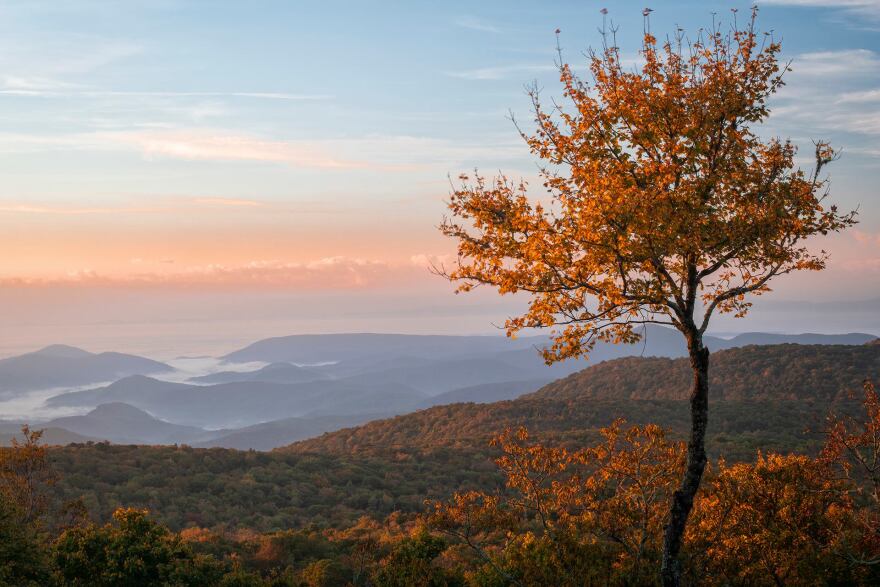Earlier this year, President Trump signed an executive order to raise domestic timber production. Among the reasons cited were reducing foreign dependency and enhancing economic security. But here in North Carolina, tapping additional timber resources comes with a cost.
When the executive order was signed, the American Forest Resource Council — a timber trade association — called it a long-overdue step toward economic revitalization. The organization pointed to data showing that just over one-third of forests are available for timber harvest, with roughly ½ of 1% of those trees being harvested in any given year.
Doris Duke Professor of Conservation Ecology Stuart Pimm has testified to both House and Senate committees on the reauthorization of the Endangered Species Act. He says rapid escalation of logging in the Tar Heel State comes with troubling environmental and economic consequences.
"If you look at what we have in our state of North Carolina — the Outer Banks, Blue Ridge Parkway, the Great Smoky Mountains, and just generally our forests —those forests are worth billions and billions of dollars," says Pimm. "And if you chop them down and make them ugly clear cuts, that's going to harm local economies. You know, people are not going to visit our mountains. They're not going to visit Asheville if it's surrounded by a wasteland."
Last year, North Carolina’s tourism economy saw nearly 40 million visitors spending approximately $37 billion on trips to and within the state. The U.S. Forest products industry generates $288 billion annually.

